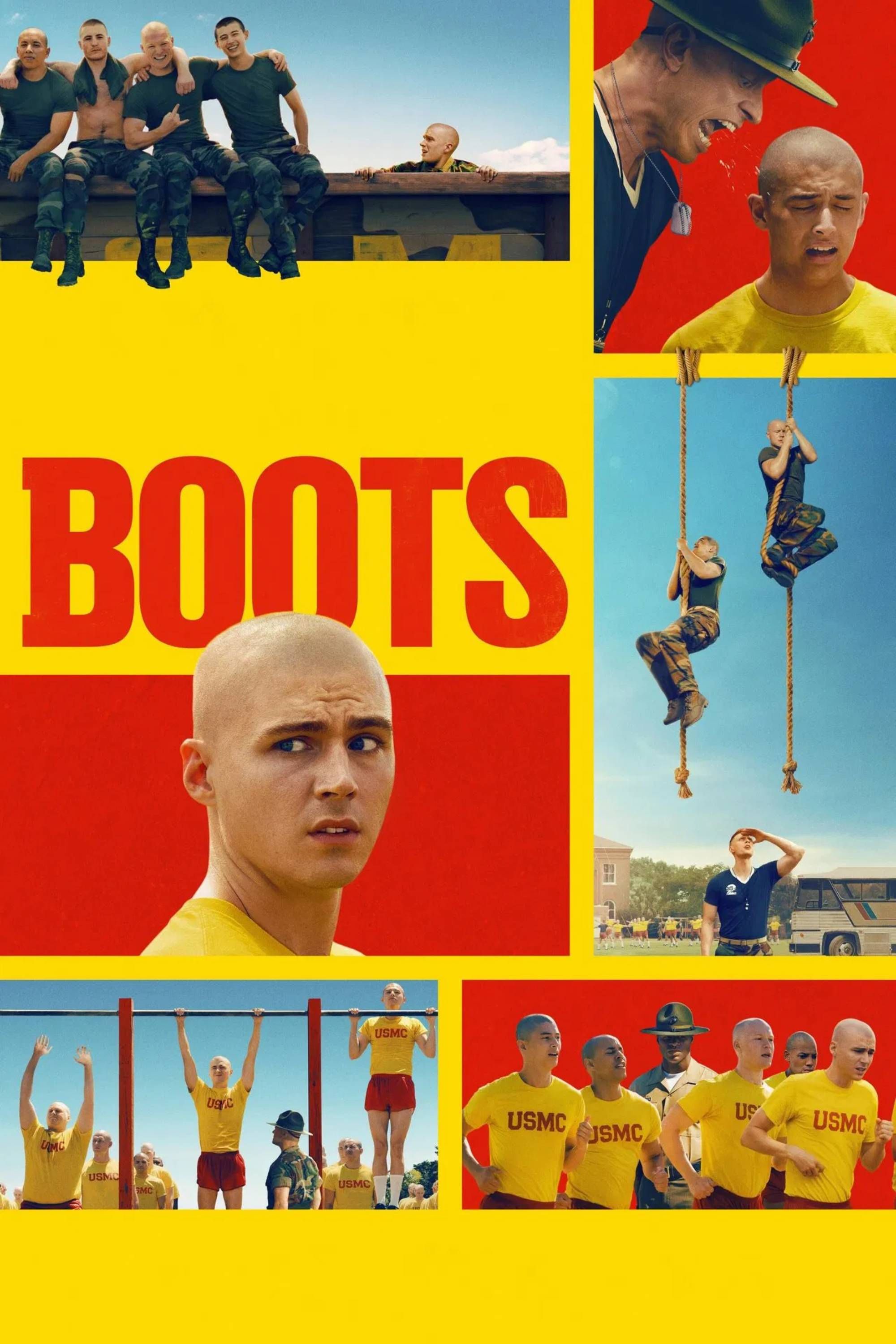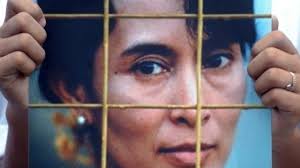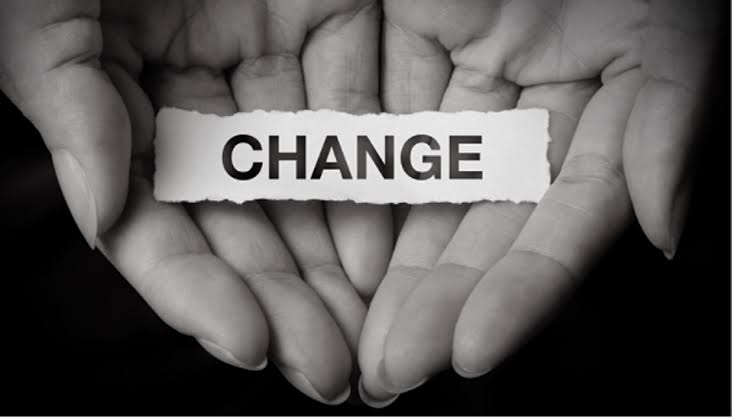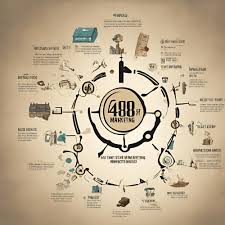Comedy as Protest: Inside Kevinblak’s World of Governor Amuneke

We are in an age where every scroll, swipe, and share causes online tension, content creators increasingly act as mirrors reflecting the true face of society, and they do it unfiltered, unapologetic, and urgent. Among these content creators is Kevin Chinedu Arua, better known by his stage name Kevinblak, whose comedic persona “Governor Amuneke” has struck a nerve across Nigeria and beyond. Through satire, he illuminates not just the absurdities of governance but awakens the people to their own complicity. This character of “Governor Amuneke” is not just comedy. It is a wake-up call for all to stay conscious of what is happening in their country.

Who is Governor Amuneke / Kevinblak
His real name is Kevin Chinedu Arua, Actor, Comedian, Comic Skit Maker, Content Creator, Creative artist from Enugu State, Nigeria. He became viral with the character “Governor Amuneke” as his satirical representation of a performative politician.
He became widely known through skits that mimic political stunts, empty promises, staged inaugurations tagged as “empowering youth” that feels superficial, and the phrase “Now let’s see the edit” which often gives us an insight on how things are being manipulated through media for selfish interests and propaganda.
He majorly uses short-form videos on platforms such as TikTok, Instagram, Facebook, YouTube, etc., often exaggerating political tropes that many citizens recognize in real life.
What Governor Amuneke Drives
1. Satire as Social Alarm
Governor Amuneke uses skits to expose what many citizens live daily which includes wonderful speeches, ground-breaking ceremonies, cut-ribbon moments and yet, roads that remain broken, electric power that remains fickle, promises unfulfilled. Though Governor Amuneke exaggerates these for comedic effect, the effect jolts people into seeing what they perhaps already suspected.
One of his catchphrases, “Now let’s see the edit,” is a clever nod to how political communication often hides behind spin and image. What Citizens see online or in public ceremonies is often the polished version, known as the “edit”, not the mess and truth behind the scenes.
2. Universality of the Joke
Though his style is specific (Nigerian jokes, local accents, cultural references), the themes in Governor Amuneke’s skits resonate widely across Africa. These themes include corruption, performative leadership, vote-buying, infrastructural decay, and lots more. These are not just Nigerian issues, the satire connects people through shared frustrations in other countries, Africa to be precise.

3. Political Awareness & Accountability
The content forces conversation. It invites citizens not just to laugh, but to ask “Are we demanding better?” How do we hold leaders accountable when spectacle often wins over substance? Governor Amuneke works not by naming individuals (always), but by showing patterns so familiar people recognize their own reality.
Case Examples from Governor Amuneke Skits
“Governor Amuneke Commissions Transformer”: A skit that shows him performing a commissioning ceremony for a transformer that’s non-functional or symbolic, mirroring real events. This skit, which went viral in August 2025, pokes fun at the common practice of politicians commissioning minor projects with great fanfare.
“Empowering Youth Today – African PoiliTricks be like”: This skit he made highlights how “empowerment” programs often serve as political optics rather than true reform. The use of “vote buying” caricature, how politicians distribute small gifts (rice, soap, trivial goods) to win votes, then ignore duties after elections is a recurring strategy to use empty promises to gain power, not for the betterment of the people but for their own personal interests.
The Awakening: Effects of “Content Realness”
Through his videos, he is able to encourage public dialogue as his skits generate comments, discussions, even outrage. People share, repost, and even argue. This injects political discourse into spaces such as social media that may otherwise be silent.
Self-reflection: As some articles point out, part of the message is: “The Governor Amuneke in ALL of us.” It challenges not only leaders but the followers who accept “gifts” or stay quiet when they shouldn’t. It urges ownership of change.
It also awaken people’s resistance to tone-policing, which is a pushback to the idea that people should be polite, not rock the boat, not criticize too openly. Governor Amuneke is loud, exaggerated, arguably irreverent, but that seems necessary in a moment when polite critique has often been ignored.
Content Realness also has its challenges and risks, and here are some to note.
Challenges & Risks
One of these challenges is misinterpretation or backlash. This is because satire can be misread. Some may take it as disrespect rather than a critique. There are risks such as legal threats, censorship, and accusations of defamation. A good example is the case of journalist Fejiro Oliver, detained for calling a governor “Amuneke,” which shows how satire and real life collide.
Another thing is that the effect is not certain, this is because many who watch these skits already agree or are disillusioned. The challenge is how content like this reaches those who might change behavior or vote differently. Does it really persuade, or is it just affirming beliefs?
Thirdly, the issue of commercialization and compromise. As creators gain wealth or popularity, there is a high risk of dilution. This can come in the form of self-censorship, avoiding “dangerous” topics, or just becoming part of the spectacle themselves.
What “An Awakening Reality” Means in This Context
Awakening because Governor Amuneke’s content is pulling back the curtain, that is, showing us the “edit” behind political narratives, re-articulating public discontent in humor. This makes visible what was quietly tolerated, and brings us reality because the satire is not just fanciful; each joke reflects real circumstances like empty promises, infrastructural decay, and political showmanship. The truth is harsh; satire simply helps people digest it.
Also, the combination is powerful. When content turns into awakening, the educated, the frustrated, the hopeful start to demand more than performance.

Implications for Creators, Citizens, and Governance
For Content Creators, Satire & truth-telling have value, and the responsibility is higher because it includes doing research, being fair, not just making someone laugh, but making them think. This implication tends to balance activism and entertainment, unless they burn bridges or face threats.
To Citizens/Audiences, they become more discerning watchers, knowing the difference between what you see and the “edit” vs. ground reality. Moving from being spectators to actors, as it encourages speaking out, voting, holding leaders accountable, and not just sharing memes.
For Government & Institutions, satirical content cannot just be dismissed as “jokes.” It signals public dissatisfaction. Hence, they should listen, respond, and improve transparency because when satire pokes holes in governance, that is feedback.
For Society at large, it encourages civic culture where humor, criticism, and accountability go together. It also promotes democratic norms like free speech, which helps in nurturing a healthy polity.
In conclusion, Governor Amuneke is not merely a comic character; he is a contemporary oracle. He speaks truth wrapped in laughter, and while the laughter comforts, the sting of his satire wakes us up. In the “awakening reality” he delivers, people see themselves neither as helpless observers nor powerless victims. They may laugh, yes, but they will also begin to imagine something better because in that space of laughter and possibility, real change often begins.
You may also like...
Unlock NBA Wins: Betting Pro's Jokic Triple-Double Prediction Shocks Fans

Get ready for a busy Wednesday night in the NBA with ESPN's daily fantasy basketball cheat sheet. This guide provides es...
African Football's Elite Unveiled: Top 10 Nominees for 2025 Award

CAF has unveiled its ten-man shortlist for the 2025 African Footballer of the Year, featuring stars like Mohamed Salah, ...
Netflix's 89% RT Hit Military Series Ignites Buzz: Season 2 & Queer Representation Breakthrough

Netflix's hit dramedy "Boots" has resonated with viewers by subverting queer media tropes and showcasing diverse queer c...
Mumford & Sons Announce Star-Studded New Album Featuring Gracie Abrams & Hozier!

Mumford & Sons announced their sixth studio album, "Prizefighter," due February 13, 2026, featuring collaborations with ...
TikTok Triumph: Victoria Justice Revives Her Hit Song Thanks to Fan Demand!

Victoria Justice's unreleased song “Love Zombie,” recorded years ago, has officially launched following its unexpected v...
DNA Drama: Charlotte Chilton Challenges Conor Maynard's Paternity Results!

Charlotte Chilton continues to insist that musician Conor Maynard is the father of her daughter, despite two separate pa...
Urgent Health Alert: Dangerous Bleach-Filled Teeth Whitening Gels Burning Gums via Social Media Sales

A BBC investigation has unveiled the widespread sale of illegal teeth whitening kits in the UK, containing dangerously h...
NHS Launches Groundbreaking Initiative to Slash Endometriosis Diagnosis Times

Endometriosis UK introduces 'Jess's Rule' on September 23, 2025, a new initiative to drastically speed up the diagnosis ...





